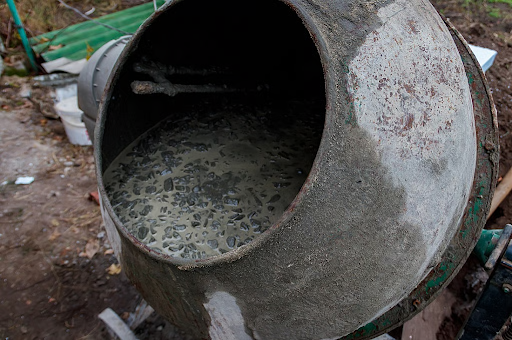



The Supreme Court’s Kattavellai @ Devakar guidelines standardize DNA evidence handling in India, addressing collection, custody, and transport lapses. Ensuring reliability, uniformity, and credibility, DNA remains corroborative, highlighting the need for training, infrastructure, and robust forensic oversight.

Copyright infringement not intended
Picture Courtesy: THEHINDU
In the Kattavellai @ Devakar vs State of Tamil Nadu case (2025), the Supreme Court issued comprehensive guidelines to ensure the integrity of DNA evidence in criminal investigations.
DNA (Deoxyribonucleic Acid) is a molecule encoding unique genetic information for every living organism, except identical twins.
In criminal investigations, DNA from biological materials (e.g., blood, semen, saliva, hair, skin) can link a suspect to a crime scene or victim, or exonerate the innocent.
It serves as opinion evidence under Section 45 of the Evidence Act (now Section 39 of the Bharatiya Sakshya Adhiniyam, 2023), with probative value varying case by case.
|
Read all about: DNA EVIDENCE: SUPREME COURT GUIDELINES EXPLAINED |
In the Devakar case, involving charges of rape, murder, and robbery, the Supreme Court identified lapses in DNA evidence handling:
The Court intervened to establish a uniform, scientifically robust framework to enhance fairness in criminal justice.
Collection and Documentation
Transportation
Storage
Chain of Custody Register
Is DNA Evidence Alone Enough to Convict?Not Conclusive: DNA evidence is opinion-based, not substantive evidence. Its weight depends on case-specific factors, including corroboration with other evidence (e.g., witness testimonies, circumstantial evidence). Scientific and Legal Validation: Must be supported by proper collection, unbroken chain of custody, and reliable forensic analysis. |
Infrastructure Gaps: Many FSLs lack advanced equipment, trained staff, and funding.
Case Backlogs: Delays in forensic analysis hinder timely justice.
Training Deficits: Police and forensic personnel often lack standardized training on DNA handling, risking errors.
Privacy Concerns: DNA databases raise ethical issues about data security and misuse.
State Autonomy: As ‘Police’ is a State subject, ensuring uniform implementation across diverse state systems is challenging.
Strengthen Infrastructure: Increase funding for FSLs, equipping them with modern technology and hiring more forensic experts.
Robust Training: Implement mandatory, continuous training for police, medical professionals, and forensic scientists on DNA protocols.
Clear Legislation: Expedite the passage of the DNA Technology (Use and Application) Regulation Bill to provide a comprehensive legal framework.
Monitoring and Accountability: Establish oversight bodies to audit compliance with guidelines at police stations and FSLs.
Public Awareness: Educate legal professionals and the public on DNA evidence’s role and limitations to enhance trust in the justice system.
The Kattavellai @ Devakar guidelines standardize DNA evidence handling, enhancing reliability and credibility while highlighting the need for training, infrastructure, and robust forensic oversight.
Source: THEHINDU
|
PRACTICE QUESTION Q. The 'doctrine of self-incrimination' under the Indian Constitution is related to which of the following? A) Right to privacy B) Right to life and personal liberty C) Protection against compelled testimony D) Right to a fair trial Answer: C Protection against compelled testimony protects an individual from being forced to provide testimony or evidence against themselves. The Supreme Court has clarified that a DNA test does not violate this right, as it is a physical examination, not a testimonial act. |
DNA profiling is the process of analyzing an individual’s unique genetic material to identify them for forensic or legal purposes.
Chain of custody refers to the chronological documentation or paper trail showing the seizure, custody, control, transfer, analysis, and disposition of physical evidence, ensuring its integrity.
It is the right of an individual to have their personal data, including their DNA profile, erased from a database after a certain period or once it is no longer needed for a specific purpose.






© 2026 iasgyan. All right reserved